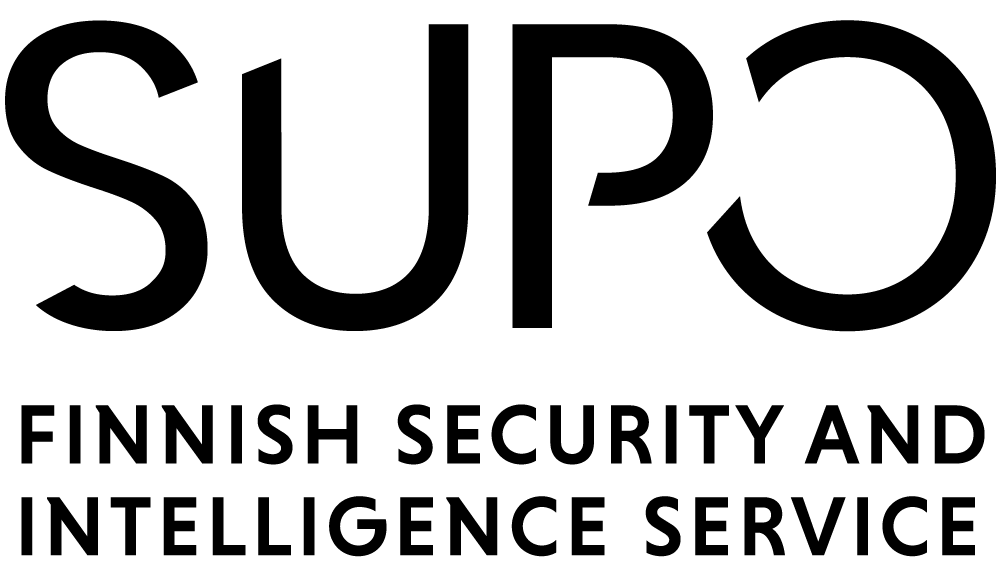What kind of security clearance vetting does Supo perform?
The scope of security clearance vetting depends on the duties of a job. Sometimes security clearance vetting also involves investigating foreign interests.
Supo conducts all Finnish security clearance vettings, except for those conducted by the Defence Command for the Defence Forces.
The scope of security clearance vetting depends on the individual’s duties and on the required privileges, such as access to confidential information. The scope determines which data sources are used in the investigation. The subject may be interviewed in person where necessary.
Security clearance vetting can be concise, standard or comprehensive. The applicant for security clearance vetting, i.e. most often the employer, and the subject of vetting, i.e. the employee, initially complete the forms related to the investigation via the electronic transaction service. The information may also be submitted to Supo on paper in certain circumstances.
Concise security clearance vetting
Concise security clearance vetting may take place, for example, when an individual’s duties involve accessing secure premises, handling nuclear or explosive materials, or transferring substantial assets.
Concise security clearance vetting may examine:
- the population information system,
- criminal records, the register of fines and the business prohibition register,
- convictions and past or pending cases submitted for criminal prosecution that are recorded in the judicial administration information system,
- individual records held by the police,
- the Military Justice Register of the Defence Command,
- individual records held by the Border Guard,
- the Customs information systems,
- registers of vocational and business operating licences, and
- the aliens register and visa register.
Standard security clearance vetting
Standard security clearance vetting may be performed, for example, when individuals may significantly compromise national security, national defence, preparations for a state of emergency, critical infrastructure or the national economy in the course of their duties.
All of the data sources used for concise security clearance vetting may also be used in standard security clearance vetting. The procedure may also consult the Supo operational information system, the Defence Command security information register, the distraint register, the credit information register, and the police intelligence system.
The vetting subject’s foreign interests may also be investigated when considering certain positions. Supo will then assess whether a person seeking a position or function of national security significance has any dependencies on another country that increase the likelihood of exposure to exploitation, extortion, bribery or other inappropriate influence.
Comprehensive security clearance vetting
Comprehensive personnel security clearance vetting may be performed, for example, when individuals handle classified or top secret information otherwise than occasionally in the course their duties.
Besides register data, comprehensive security clearance vetting will also examine the details of an individual’s business activities and their family and kinship relations. Any assets, debts and other financial interests will also be investigated. Data sources include public tax information, and the subject is asked for consent to request information from credit and financial institutions.
Comprehensive security clearance vetting always includes a personal interview with the subject and an investigation of any foreign interests.
Comprehensive security clearance vetting may also include standard security clearance vetting of the subject’s close relatives, such as a married or unmarried spouse, or a parent or a grown-up child living in the same household. The consent of the individual concerned is always required for security clearance vetting.
Foreign interests may be investigated
Supo may investigate an individual’s foreign interests where necessary. These may concern such aspects as citizenship, working in another country, and any foreign property holdings or business operations.
Foreign interests are an increasingly common element in the lives of many people in Finland, and their presence does not impede security clearance vetting. Supo always assesses the importance of interests from the point of view of the prospective duties concerned. The aim is to identify any aspects that could expose the subject to pressure, exploitation, bribery, or other undue influence at work.
Supo also issues opinions to the Finnish Immigration Service concerning applications for citizenship and residence permits.
The Evaluation Criteria Committee issues recommendations on statutory interpretation
The Evaluation Criteria Committee at the Ministry of Justice issues recommendations for interpreting the Security Clearance Act to Supo and the Defence Command.
- Evaluation Criteria Committee (in Finnish)
The Supreme Administrative Court issued a precedent decision for publication in its 2020 yearbook concerning security clearance vetting that was performed when selecting a student for training at the Police University College of Finland.
International personnel security clearance vetting certificates
Supo manages the issuance of international Personnel Security Clearance (PSC) certificates together with the National Security Authority (NSA). The Ministry for Foreign Affairs is the national security authority in Finland.
Supo performs the security clearance investigation required for the certificate. Supo may only conduct an investigation if the NSA has determined that there are grounds for issuing an international personnel security clearance vetting certificate. The NSA is responsible for issuing the certificate and for the associated administrative aspects.
